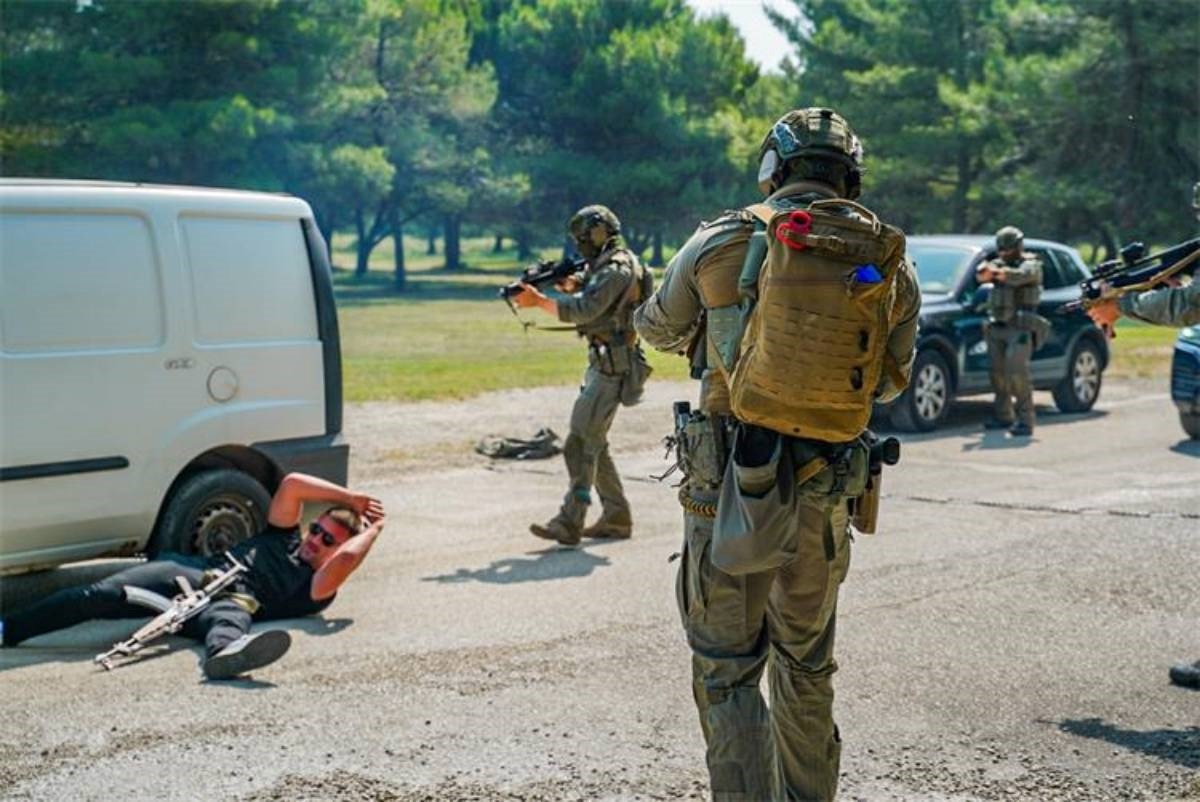Leaders of Frontex and representatives from 24 European countries, including Croatia, met in Valbandon to exchange experiences and plan future activities in border security. Croatian Interior Minister Davor Božinović emphasized the importance of protecting European values such as security, legality, and solidarity, while respecting fundamental human rights. He highlighted that investing in knowledge, people, and training is key to a shared future. Croatia showcased the latest technical equipment for border surveillance, but Božinović stressed that no technology can replace the human factor. The meeting took place amid geopolitical instability, changes in migration routes, and increased cross-border threats, requiring effective cooperation and training of border guards. Cooperation with Frontex is considered strategically important for Croatia, focusing on daily collaboration on the ground, operations, and education.
Political Perspectives:
Left: Left-leaning outlets emphasize the human rights aspect of border security, highlighting the need to respect fundamental rights while ensuring safety. They focus on the importance of solidarity and criticize overly militarized or technology-heavy approaches that might neglect humanitarian concerns. The cooperation with Frontex is seen as a necessary but cautious step, ensuring that border security does not come at the expense of migrants’ rights.
Center: Center-leaning sources present a balanced view, stressing the importance of protecting European values including security, legality, and solidarity. They highlight the strategic cooperation between Croatia and Frontex as a positive development to address current challenges such as geopolitical instability and migration. The emphasis is on modernizing border security with advanced technology while maintaining respect for human rights.
Right: Right-leaning media focus on the necessity of strong border controls to protect national and European security. They emphasize the role of Frontex and Croatian authorities in combating illegal migration and cross-border threats. The narrative stresses the importance of law enforcement, technological upgrades, and the readiness to make responsible decisions to safeguard borders, often prioritizing security over humanitarian concerns.







































